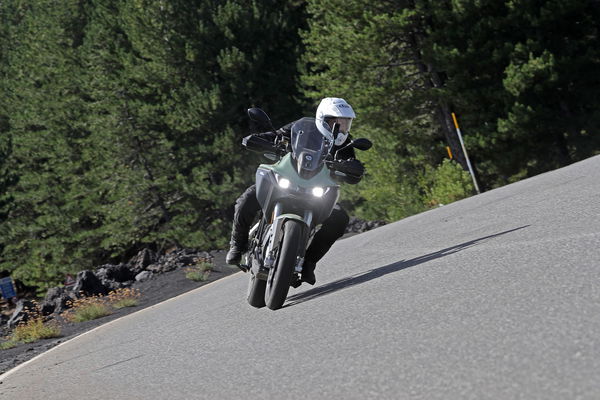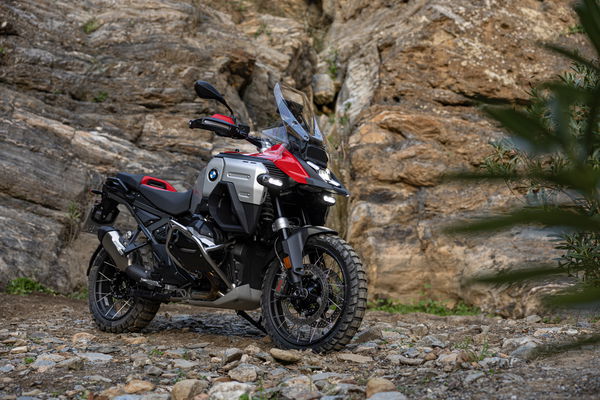Yamaha progresses self-driving development with Panasonic trial
Eve Autonomy, a company which is funded by Yamaha, has begun a trial of its Eve Auto autonomous transportation service in a Panasonic factory.
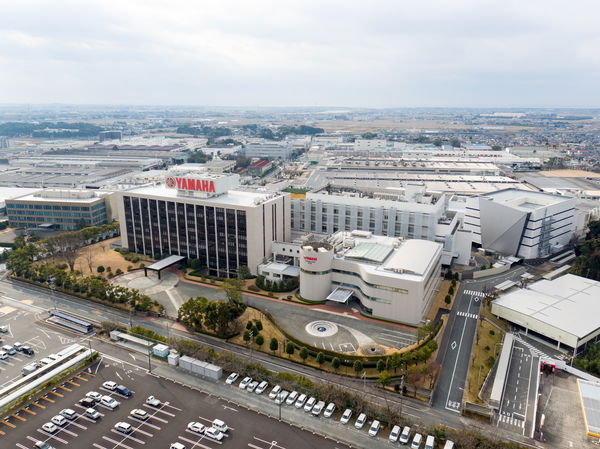
Yamaha has expanded its autonomous programme thanks to a deal between eve autonomy and Panasonic.
Autonomous driving is becoming an increasingly common part of life in contemporary society. Motorcycle riders are currently taught to fear it as in cars it can be dangerous to them, and in motorcycles it can take away the pleasure of riding.
But, the manufacturers see opportunities. Yamaha is one of those, and its “group company,” as Yamaha refers to it, eve autonomy, is currently the primary limb through which it experiments with autonomous technology.
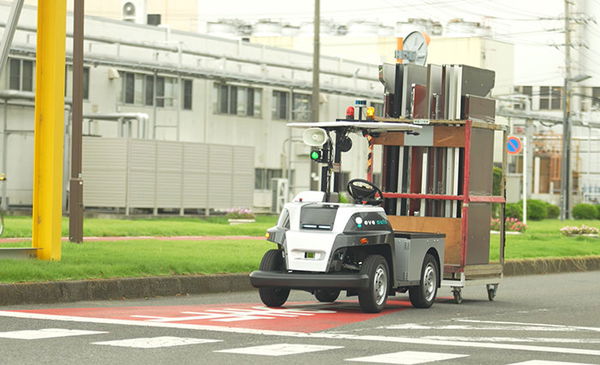
(Officially, eve autonomy, and its automated transportation service, eve auto, are spelt without capitalised initials. For the benefit of the reader, this article will use capitalised initials for both Eve Autonomy and Eve Auto from here on.)
Eve Autonomy has now deployed - on a trial basis its - Eve Auto automated transportation service in a Panasonic factory in Japan that builds refrigerators, drinks dispensers and other kinds of chilling devices.
(It is also worth noting Panasonic’s relationship with Toyota. Panasonic appeared on Toyota’s F1 racers between 2002 and 2009, and the two companies are also co-founders of the Prime Planet Energy & Solutions joint venture which began in 2020 and makes batteries. Yamaha’s relationship with Toyota has increased recently as the two - as well as many other companies - work together to develop hydrogen technology as a fuel for vehicles.)
“Several processes at the factory involve transporting parts across multiple buildings by a large number of manned forklifts and trucks,” Yamaha says. Here, Yamaha is replacing the manned forklifts with the Eve Auto self-driving vehicles. They say this will improve safety and “save labour.”
Autonomous technology, although becoming more commonplace, is still relatively juvenile and, for Yamaha, that is more so the case than it is for some car manufacturers, for example, who have already equipped production models with self-driving technology for a while.
Learning about autonomous technology in a relatively predictable environment like a factory, where there are less external vehicles, speeds are lower, and routes are generally quite repetitive is certainly something that makes sense.
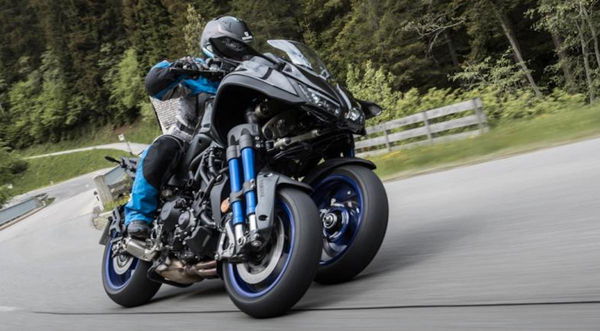
For Yamaha, this presents a good opportunity to develop in a relatively safe way autonomous technology while also building industrial partnerships and furthering one of the companies which was identified as what it calls a “Growth Business” part of its Medium-Term Management Plan (from 2022-2024).
Certainly, there is the possibility that what Yamaha learns as a part of Auto Eve’s deployment in this Panasonic factory could later be transferred to Yamaha’s own motorcycles. This could be in the form of more reliable and safer radar-guided cruise control, or even full-scale automobility.
For now it is difficult to decipher the exact end point for this, but what is clear is Yamaha’s autonomous intentions, as this news comes after Yamaha increased its investment in the open-source self-driving operating system, Autoware.
